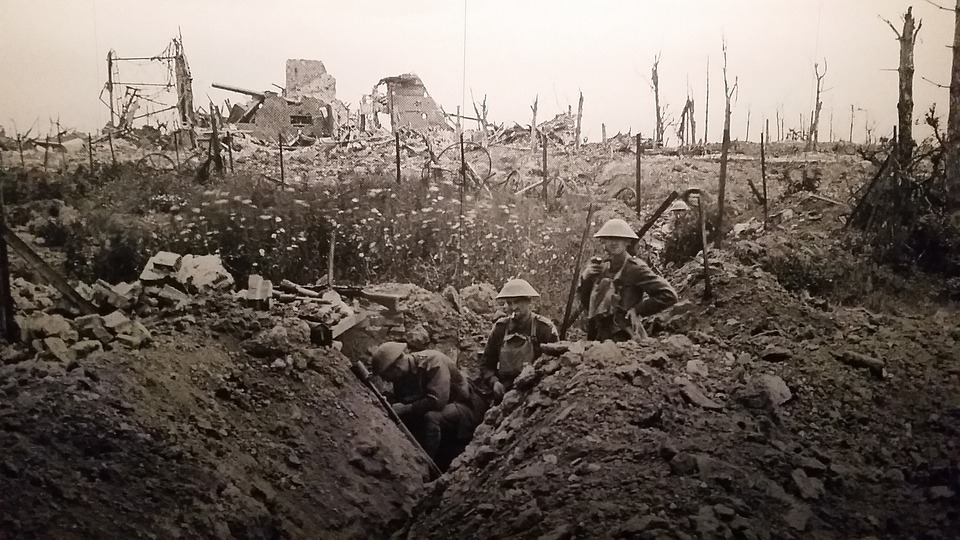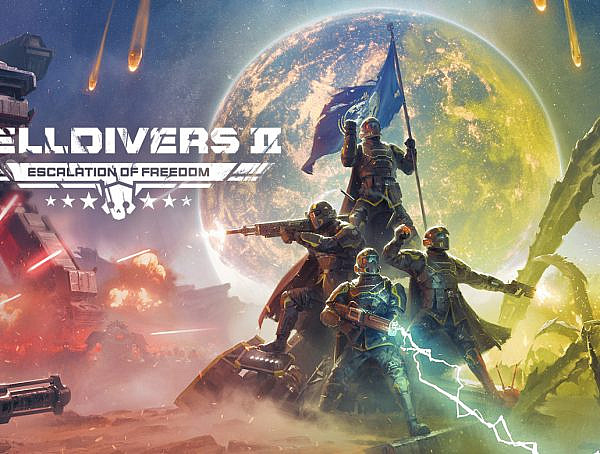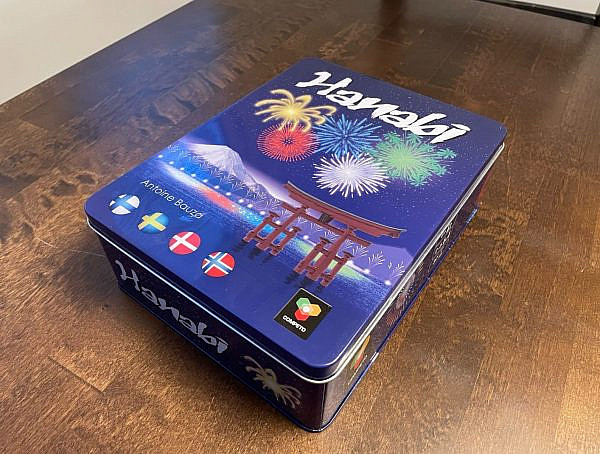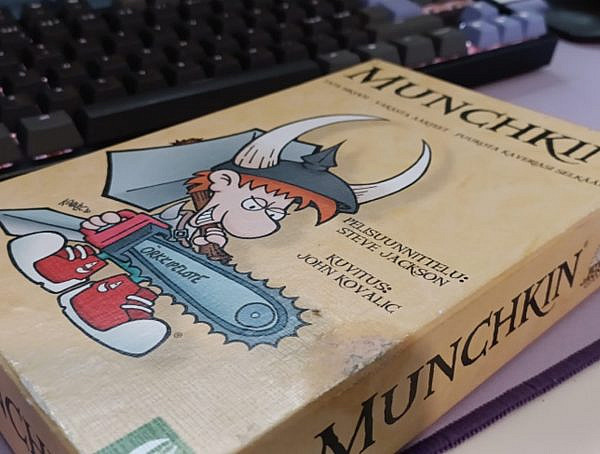How does The Grizzled make war trauma the driving force of a game?
In his article “Can friendship be stronger than war? Mechanics of trauma in The Grizzled” Greg Loring-Albright discusses the way in which a card game’s mechanics depict and inflict trauma on the player’s in-game representation, and at the same time link it to the players themselves. Trauma is the term used for the negative effects that affect the success chance of the game.
Social games usually aim at evoking positive feelings such as joy, challenge, and pleasure in players. It is through these emotions that games carry themselves and are enjoyable to play. The Grizzled does not inherently evoke these feelings. The Grizzled, a cooperative war game where players play as WW1 French soldiers, sets itself apart from many other social games, and neither does it focus on themes easily linked to war games – supply lines, troop positions, and weapons ranges. The Grizzled focuses on the effects of war and violence rather than these procedural concerns.
In The Grizzled players play cards on their turn either to the middle of the table (called no man’s land) or on themselves depending on the type of card they are holding. Cards players play on themselves are called Hard Knocks, and affect not only the player’s character, but the player itself as well. An example is the Mute card that makes the player mute while also affecting the character’s ability to use Speech – another mechanic of the game. The game’s rulebook starts by stating: “The Grizzled offers each player the chance to feel some of the difficulties suffered by the soldiers in the trenches.”. Simply put, the game keeps on piling negative effects onto players, and there is no way to win the game without significant trauma.
Cooperative games such as Forbidden Island (2010) and Forbidden Desert (2013) have negative outcomes that, if not avoided, result in a character’s death, thus ending the game instantly. In The Grizzled these negative mechanics are unavoidable, and the goal is to grit your teeth and survive to the end. While The Grizzled is not unique in its ways, it succeeds wonderfully well in what might seem a hard task for a game – making an enjoyable experience out of a barrage of negative effects, or trauma, that cannot be avoided. At the same time, it works as a game that criticizes war by highlighting only the negative sides – there is nothing positive or glorifying the game has to say about war. Still The Grizzled works as a social game, creating an atmosphere where you as a group must watch each other’s backs in order to survive.
Even the rulebook of the game highlights discouragement and persistence, emotions that the game is designed to evoke in its players. The Grizzled is a game that is critical of war’s impact on the individuals taking part in it, and raises social awareness in doing so. There is already some overlapping with game designers and academia, and it is needed so that more socially-conscious games can be created.
Key information
Original article: Can friendship be stronger than war? Mechanics of trauma in The Grizzled
Published: January 23, 2017. Analog Game Studies, Volume IV, Issue I
Author: Greg Loring-Albright
Article accessible from: http://analoggamestudies.org/2017/01/mechanics-of-trauma-in-the-grizzled/
Thorough gameplay overview: https://www.youtube.com/watch?v=AJryX-_x1EQ
You might also like
More from Game Research Highlights
How do you want to do this? – A look into the therapeutic uses of role-playing games
Can playing RPGs contribute positively to your wellbeing? A recent study aims to find out how RPGs are being used …
Eldritch horrors and tentacles – Defining what “Lovecraftian” is in games
H.P. Lovecrafts legacy lives today in the shared world of Cthulhu Mythos and its iconic monsters. Prema Arasu defines the …
Are Souls Games the Contemporary Myths?
Dom Ford’s Approaching FromSoftware’s Souls Games as Myth reveals the Souls series as a modern mythology where gods fall, desires …
















